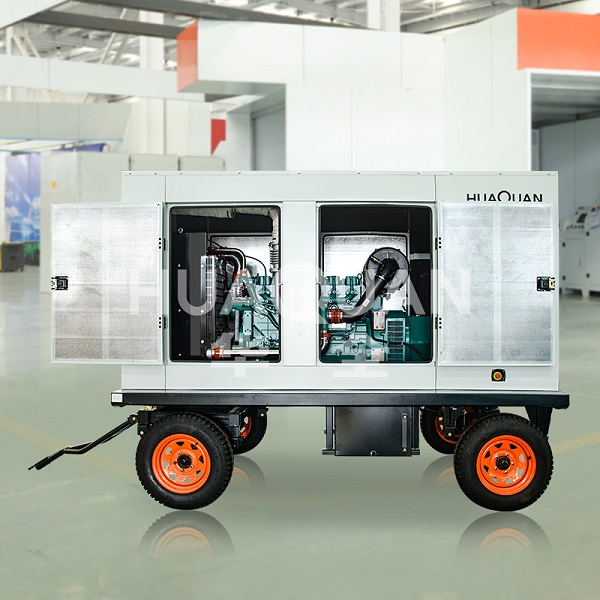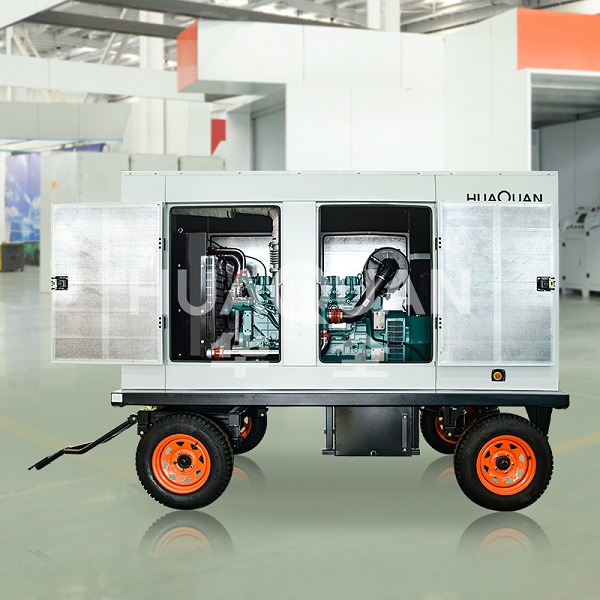Hotel backup generator is important for maintaining uninterrupted service during power outages. Proper operation and management ensure reliability, safety and efficiency. Here are the key factors to consider when running a Hotel backup generator for users' reference.
1. Regular Maintenance Checks for a Hotel Backup Generator
A hotel backup generator requires scheduled inspections to verify fuel levels, battery condition, and engine performance. Lubrication, filter replacements, and coolant checks prevent unexpected failures. Routine testing under load ensures readiness during emergencies.
3. Automatic Transfer Switch (ATS) Functionality
The ATS must seamlessly transition power sources without manual intervention. Regular testing confirms its responsiveness, preventing delays that could disrupt guest comfort or safety systems.
4. Noise and Ventilation Control for a Hotel Backup Generator
Generators should be installed in well-ventilated areas to dissipate exhaust fumes. Soundproof enclosures minimize noise pollution, maintaining a peaceful environment for guests.
5. Fuel Management
Storing adequate fuel is essential for prolonged outages. Diesel-powered hotel backup generator need clean, stabilized fuel to avoid clogging or corrosion. Fuel rotation practices prevent degradation, while secure storage complies with safety regulations.
6. Staff Training
Personnel must understand startup/shutdown procedures, alarm interpretations, and basic troubleshooting. Clear protocols reduce human error during critical moments.
7. Compliance with Local Regulations
Adherence to emission standards and fire codes is non-negotiable. Permits and inspections ensure the hotel backup generator meets legal and environmental requirements.
By prioritizing these operational practices, hotels can maximize the efficiency and lifespan of their Hotel backup generator.
More information about Hospital Backup Generator :https://sinogens.com/








